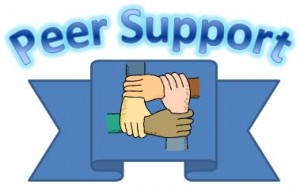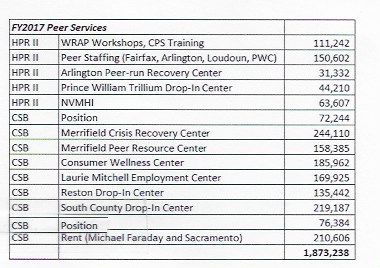Public fears of violence on the street by discharged (mental) patients who are strangers to them is misdirected. The people at the highest risk are family members and friends who are in their homes or in the patient’s home.
(6-23-16) In a study released this week, the Treatment Advocacy Center investigates a subject few like to discuss: family violence, specifically homicides committed by persons with mental illnesses.
Because of stigma, we always begin every conversation about violence by explaining that individuals with mental illnesses are no more violent than the general public and, in fact, are more likely to become victims than perpetuators.
And that is exactly how the authors of RAISING CAIN: The Role of Serious Mental Illness In Homicide begin their 48 page study.
But they quickly explain their rational in writing about murders committed by persons with mental disorders:
It is…politically incorrect to study the relationship of family homicides to serious mental illness, especially in the United States, where the concept of “recovery” is the dominant theme in writing about individuals with mental illness. (But) …it is not discourse about family violence and homicides that is a major cause of stigma against all people with mental illness; rather, it is the family violence and homicides themselves. Until we confront the causes of family violence and homicides directly, the stigmatization of persons with serious mental illness will continue to be an enormous problem. Yet, to ignore that a small percentage of persons with mental illness can be violent seems disingenuous.
This reasoning should not surprise anyone who is familiar with TAC, which is one of a few advocacy groups that speaks openly about violence. What did the authors of the report find:








